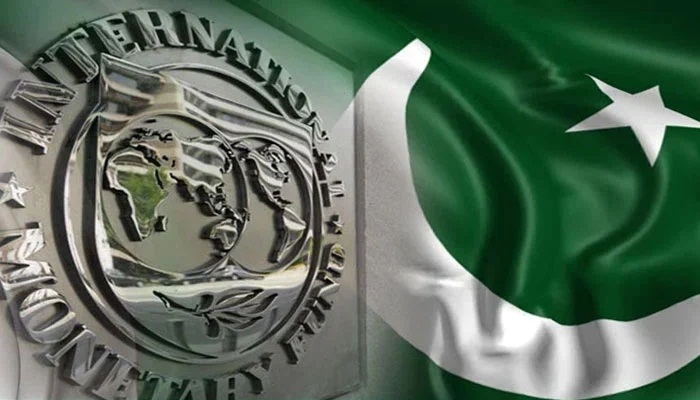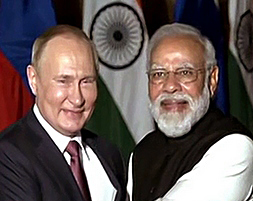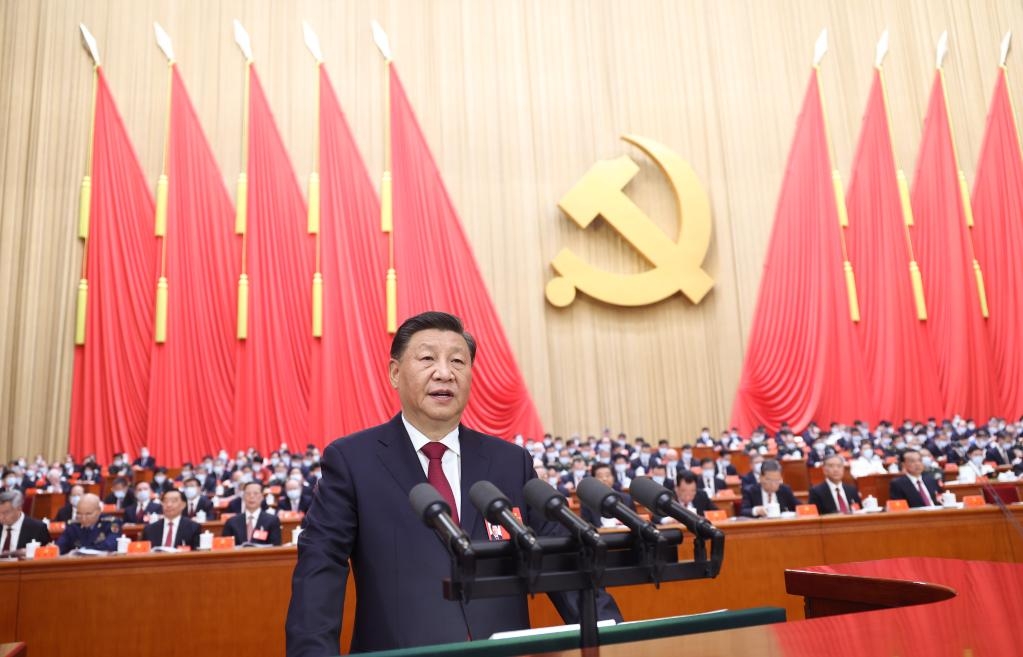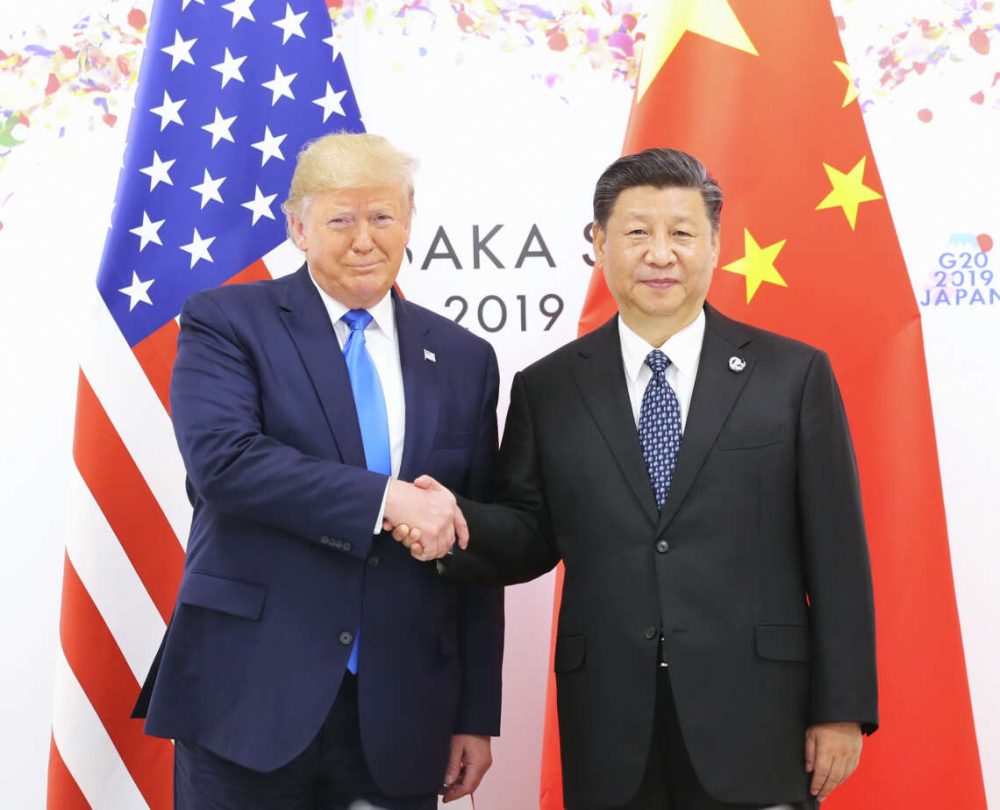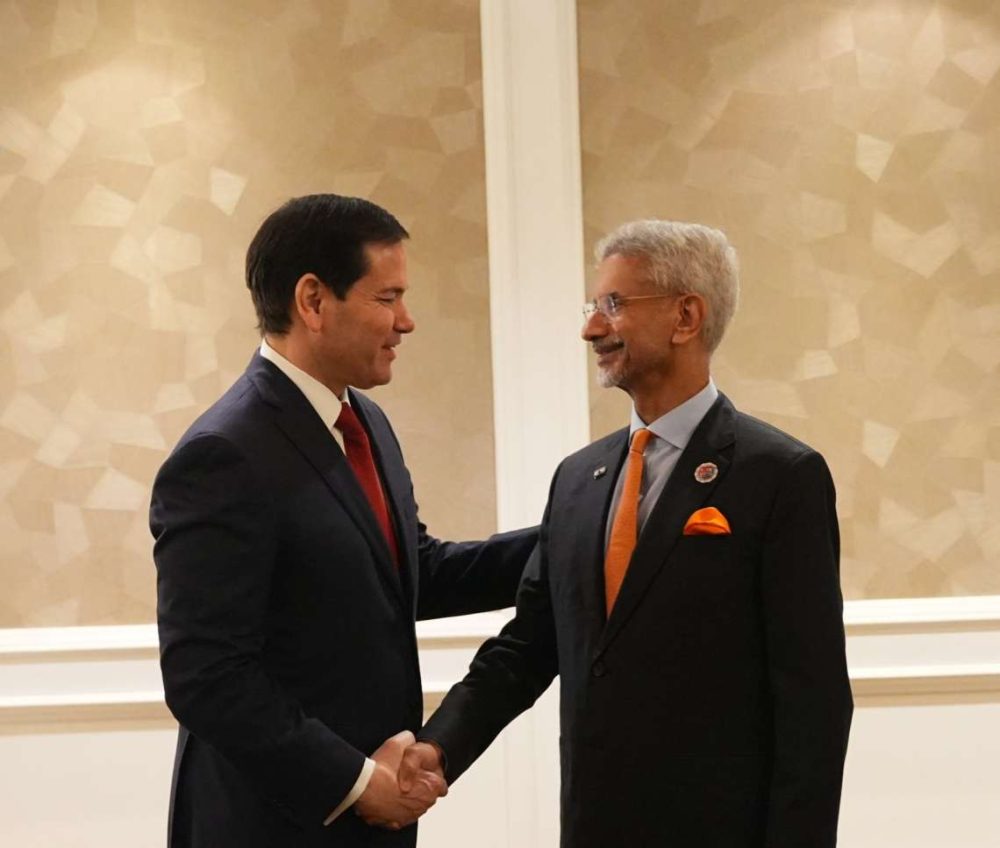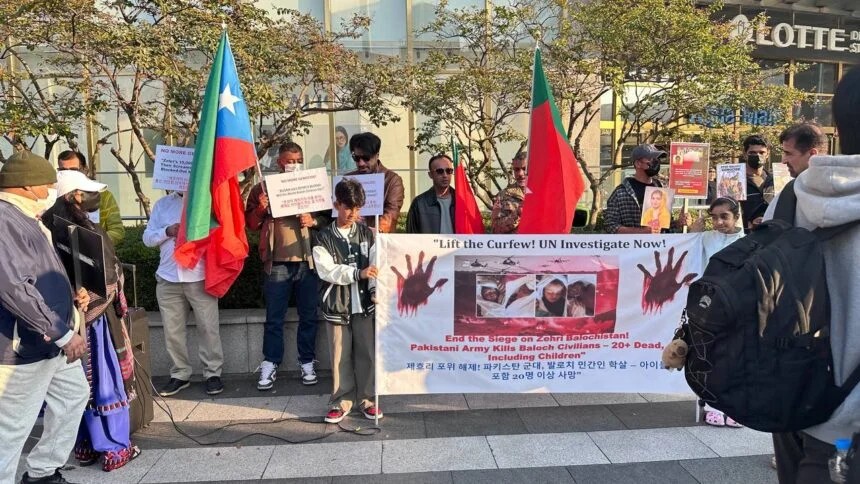The IMF agreement binds Islamabad to charge a levy of (Pakistani) Rs 50 on petroleum prices…writes MAHUA VENKATESH
As Pakistan drastically slashed fuel prices, what will the International Monetary Fund’s (IMF) stand on the ongoing loan programme? Will the multilateral agency continue with the financial assistance programme for Pakistan after the country’s Finance Minister Ishaq Dar reduced prices of petrol and diesel (Pakistani) by Rs 10 and Rs 7.5 respectively? As per the IMF loan rider, Pakistan, with its dwindling foreign exchange reserves amid strict repayment schedule, had committed to increase levy on fuel and eliminate subsidies.
IMF revived the $6 billion loan package under Extended Fund Facility in August. Local newspaper Dawn said that the programme’s ninth review is currently pending with remote talks being held between IMF officials and the government for the release of $1.18 billion.
The IMF agreement binds Islamabad to charge a levy of (Pakistani) Rs 50 on petroleum prices. While the government is currently charging a Rs 50 petroleum levy but on diesel it is Rs 25 on diesel. “Based on the agreement with the IMF, Pakistan must jack up the levy on diesel to collect the additional revenue,” Pakistan Observer said.
Meanwhile, on Thursday, Dar in a televised address said, “At this moment, the prime minister wants us to pass maximum relief to the public and we have been implementing that since October 30.”
Pakistan’s forex reserves have dropped below the $7 billion level. As on December 9, the reserves held by the State Bank of Pakistan was at $6.7 billion — the lowest in about four years.
Reports suggested that Pakistan may turn to its bilateral creditors including China, which accounts for 30 per cent of its total external debt pie for restructuring of debt. The country is also in talks with Saudi Arabia for a loan assistance which includes deferment of oil payment facility to Riyadh.
“At the risk of sounding an alarm, I have to say that we have no room left for error. Concrete measures that reassure markets and lenders are urgently needed,” Pakistan’s former Finance Minister Miftah Ismail, who was instrumental in reviving the IMF loan package by increasing fuel prices, wrote in an article that was published in Dawn.


